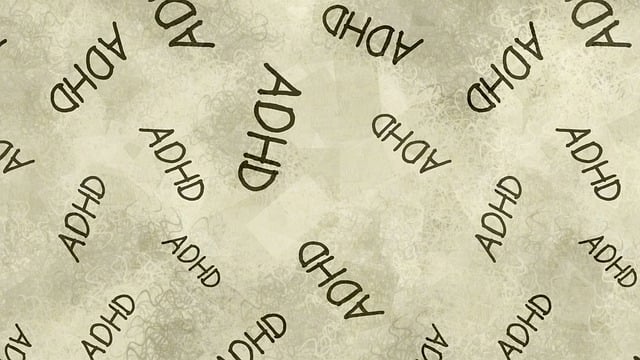Therapy tailored to adults in polyamorous and open relationships, leveraging the Resourceful Family Model (RFM), addresses unique intimacy, communication, and self-care challenges. By focusing on strengths, resources, and needs, RFM promotes effective communication, fosters understanding, and prevents burnout, ultimately enhancing therapeutic outcomes and relationship resilience. Cultural sensitivity ensures inclusive practices tailored to diverse personal beliefs and relationship dynamics.
“In today’s diverse relationship landscapes, therapy for adults practicing polyamory and open relationships is evolving to meet unique challenges. One emerging approach, RFM (Resources, Factors, and Motivations), offers a powerful framework for understanding and strengthening these connections. This article delves into the significance of RFM in navigating complex dynamics, exploring resilience-building exercises that foster healthy communication and deeper connection within polyamorous and open relationships.”
- Understanding RFM and Its Relevance to Polyamorous Adults
- Resilience-Building Exercises for Navigating Relationship Dynamics
- Enhancing Communication and Connection in Open Relationships Through RFM
Understanding RFM and Its Relevance to Polyamorous Adults

Understanding RFM—or Resources, Strengths, and Needs—is essential for providing effective therapy for adults in polyamorous and open relationships. This framework recognizes that individuals within these relationships often face unique challenges related to intimacy, communication, and self-care. By assessing a client’s resources and strengths, therapists can tailor interventions to address specific needs, fostering resilience and emotional healing processes.
Cultural sensitivity in mental healthcare practice is also crucial when working with polyamorous adults. Recognizing the diverse range of relationship dynamics and personal beliefs ensures that self-care practices are inclusive and meet the unique requirements of each individual. This approach not only enhances therapeutic outcomes but also promotes a deeper understanding of the complexities involved in navigating open relationships, ultimately strengthening the support systems within these communities.
Resilience-Building Exercises for Navigating Relationship Dynamics

Navigating complex relationship dynamics can be challenging, especially within non-monogamous arrangements like polyamorous and open relationships. Therapy for adults in such relationships plays a pivotal role in fostering resilience—a crucial tool for managing emotional intensity and strengthening bonds. Through structured exercises focused on positive thinking and mental health awareness, therapists help individuals cultivate compassion cultivation practices that enhance communication and understanding between partners.
These resilience-building exercises are designed to create safe spaces where individuals can explore their emotions, set healthy boundaries, and develop coping mechanisms tailored to their unique needs. By fostering a deeper sense of self-awareness and empathy, these practices enable folks in polyamorous and open relationships to navigate challenges with grace and maintain fulfilling connections, ultimately enriching their collective journey towards emotional well-being.
Enhancing Communication and Connection in Open Relationships Through RFM

In the context of therapy for adults in polyamorous and open relationships, the Resourceful Family Model (RFM) offers a powerful framework for enhancing communication and connection. This approach encourages couples to navigate their relationships with a focus on strengths, resources, and resilience, rather than just challenges. By fostering open dialogue, understanding each other’s needs, and practicing active listening, partners can build deeper bonds and cultivate a supportive environment that is crucial for the mental health of individuals in these unique relationships.
RFM incorporates mental health education programs design elements to help couples identify their individual and collective resources, promoting healthy coping mechanisms and burnout prevention strategies akin to those explored in healthcare provider cultural competency training. This proactive approach not only strengthens the relationship but also empowers partners to navigate the complexities of open relationships with greater confidence and resilience. It reflects a growing recognition that effective communication is the cornerstone of any thriving relationship, whether within traditional or non-traditional family structures.
For adults practicing polyamory and open relationships, understanding and applying RFM (Resourcefulness, Flexibility, and Mastery) principles can significantly enhance their resilience. By engaging in targeted resilience-building exercises, individuals can navigate complex relationship dynamics with greater ease. This approach not only strengthens communication but also deepens connections within these unique and fulfilling romantic structures. Incorporating RFM into therapy for adults polyamorous and open relationships fosters adaptability and promotes a more satisfying, resilient love life.








